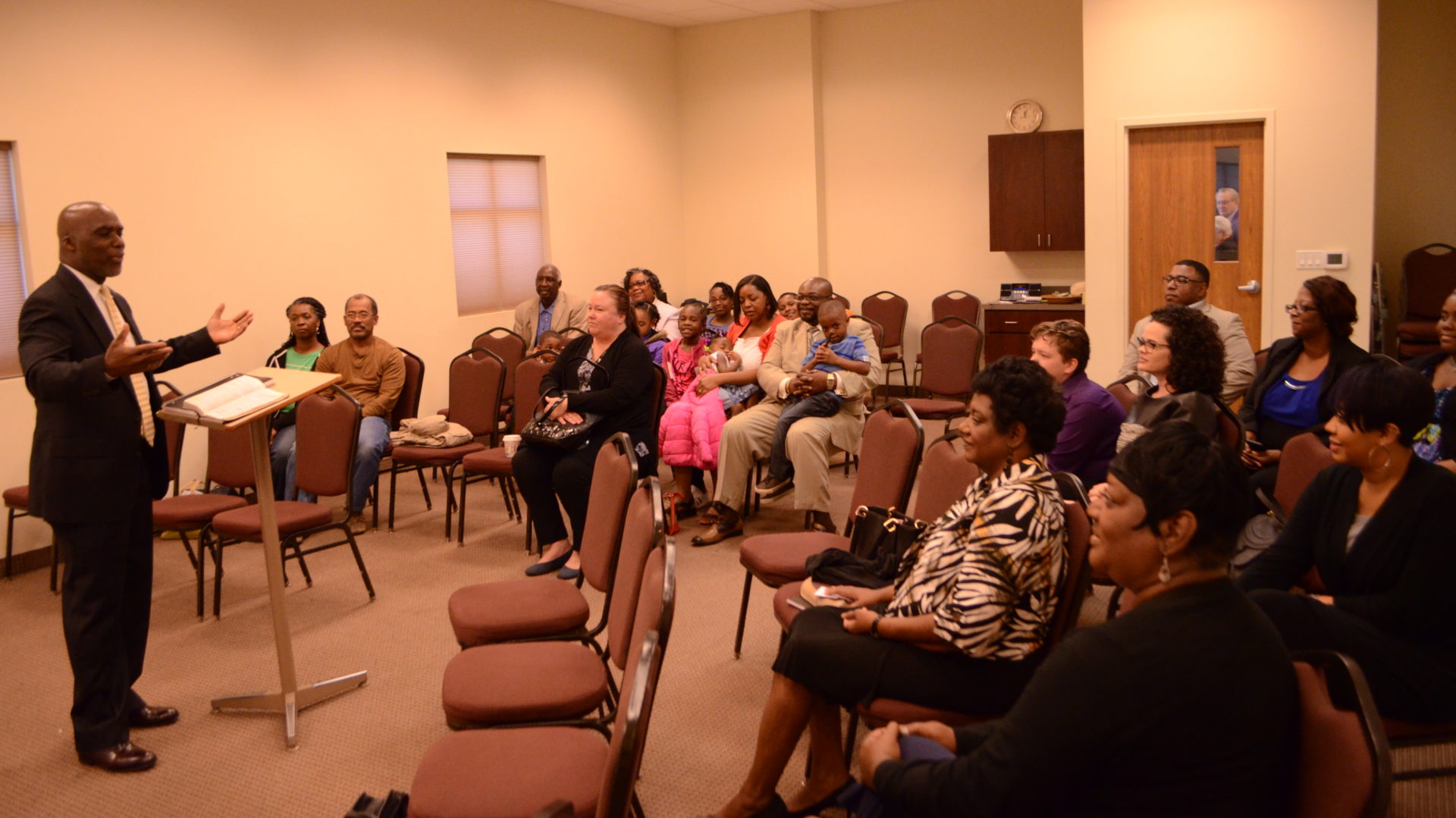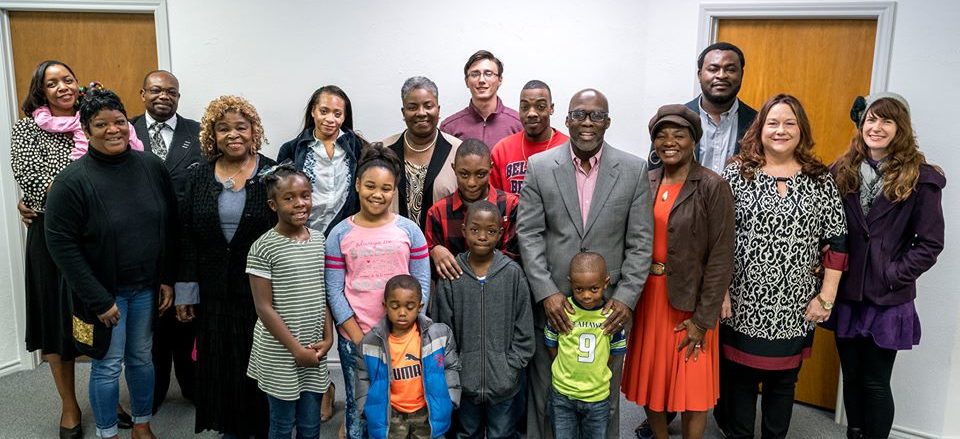In my view, Critical Race Theory is neither primary nor necessary for followers of Christ to formulate a comprehensive, effective ministry that addresses the evils of white supremacy and racism in American society. God’s Word is the true lamp to our feet and light to our path. Nevertheless, we have a Christian and moral responsibility to do everything we can to eradicate racism from every area of the church and within each community where our churches are located.
Holy Scripture is our first and highest authority to be consulted in overcoming any sin in the church and the world. Our SBC seminaries do not need to study CRT or utilize it as a tool in order to effectively dismantle the sin of racism from our thinking and practices as a Christian denomination. However, I believe CRT can help some of our SBC leaders and laypeople broaden their understanding of racism as being more than an individual sin. It can, therefore, be consulted to help identify and remove racist structures and systems from all SBC entities and agencies.
I do not believe most African American pastors in the SBC are asking our seminaries to endorse every aspect of CRT, and I don’t have a problem with using CRT as a sociological or analytical tool to assist us in understanding how American institutions have been impacted by racism. I disagree with our seminary presidents that there is nothing in CRT that is helpful for limiting racism in the SBC. I would also ask these brothers to clarify what is meant by CRT “not being compatible with the teaching of our Baptist Faith and Message.” Do our seminary presidents really believe there is nothing in CRT that can help us address institutional racism within our Convention?
The underlying issue is not Critical Race Theory at all. This controversy has simply drawn attention to the issue of racism within our Convention that remains unresolved, even after all these years. The recent statement condemning CRT has merely served to divert our attention and keep us from acting on the real matter at hand.
If it took more than one hundred and fifty years for leaders of the Southern Baptist Church to even admit that their sins flowing from the ideology of white supremacy were, in fact, violations of the Book we all agree serves as our Supreme Court on all matters, let us not be surprised by the November 30th statement by our presidents. When it comes to racial equality and justice concerns, white men have always found reasons to oppose any effort that can potentially help right the injustices of the past if they perceive the cost is too much. The real question for me is “Why wasn’t there at least one Black president at the table when this decision was made?” African American pastors must bear some of the blame here in that too many of us have been quick to applaud SBC verbal apologies without holding our leaders to meaningful, strategic racial accountability plans to ensure that significant changes are implemented.
For decades now, Southern Baptists have utilized the practical methods of corporate America in their church planting and church growth efforts. Business models from McDonald’s, Walmart and other major American companies have governed everything from the number of miles a new church should be planted from another Southern Baptist church to how many acres should be purchased for the new work and how many cars the parking lot should hold. Marketing and branding philosophies abound in our North American and International Mission Board work. Why, then, do we think we cannot use the same spiritual discernment to harvest the grain from Critical Race Theory while discarding the chaff?
I am convinced that our Christian faith is more than able to handle the concerns of CRT, just as our faith has held under the assault of other secular and liberal Christian influences from the past. Our seminaries have more than adequately withstood the impacts made by the JEPD Documentary Hypothesis of the ‘60s and ‘70s, the Secular Humanist push of the ‘80s and early ‘90s and the Postmodernist influences of the late ‘90s and early 2000s. As defenders of our faith “that has been once and for all delivered to the saints” (Jude 1:3), let us be fearless in our interactions with secular ideologies as long as they help strengthen our witness and do not compromise God’s truth. God’s Word will keep marching and triumphing in history.
If I had any influence on African American pastors like Ralph West and Charlie Dates, I would respectfully request that they hold off departing the SBC for at least another six months so that we can question the statement of these presidents together in various forums between January and the next Southern Baptist Convention. I would encourage them to continue to work with us to address the racial shortcomings of our convention. I certainly understand our brothers’ decisions to leave the SBC, but I believe more can be done to effect positive change from being affiliated than withdrawing from the convention.

